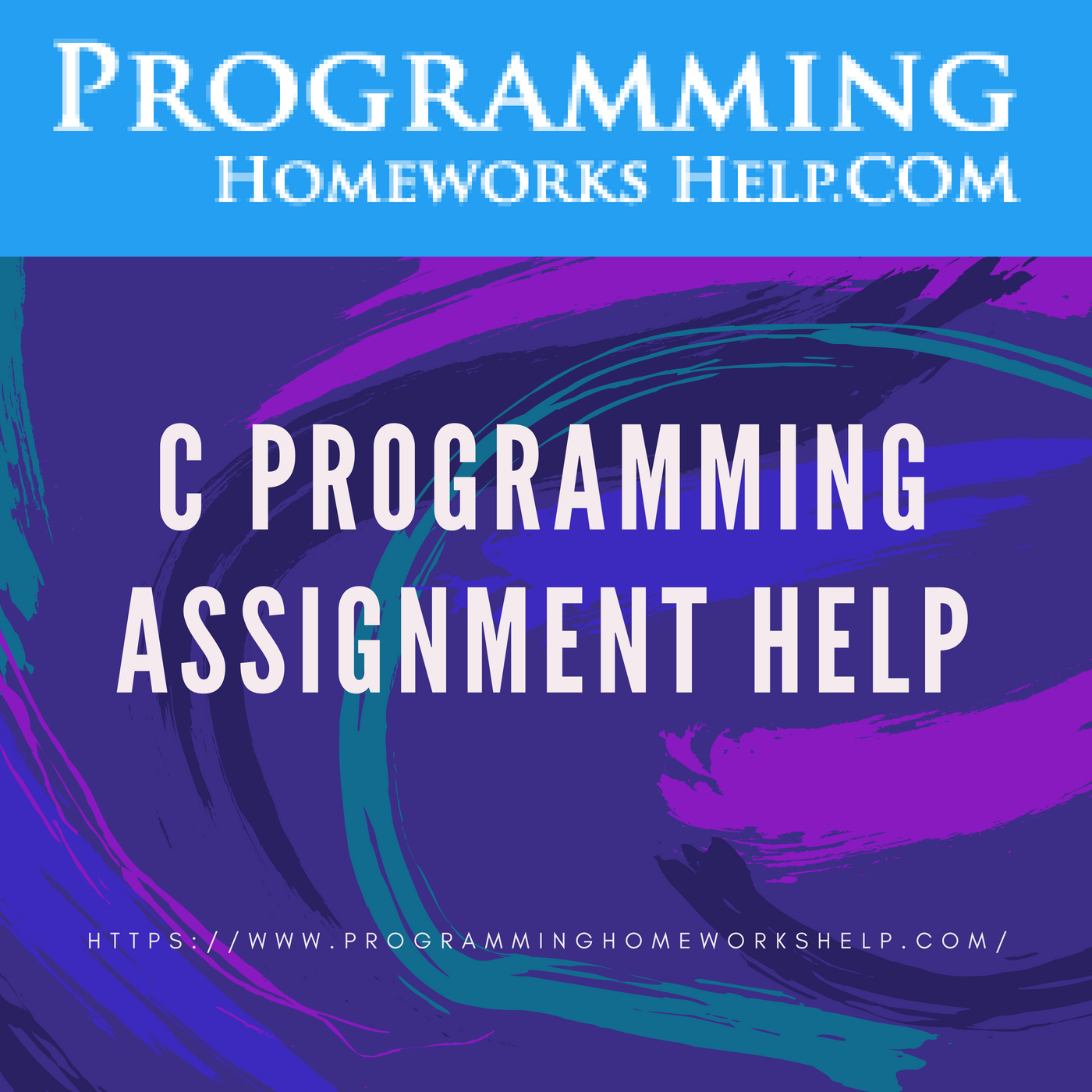6 Reasons to Switch from C to C++

Comments.
Although more recent versions of C allow // for single line comments, I just want to make sure you know about them, they are a lot easier than using /* */ for the comment blocks.
Classes.
This is the BIG one, in fact C++ was originally called C with classes. Classes are structs on steroids, it allows you to associate code with data. A class has a constructor which is a special method that is called when you create a new instance of the class, and it also has a destructor which is called when you delete the class (by default the destructor does nothing, but you can define your own to do whatever you want). If you need help allocating memory in the constructors and freeing it the destructor we can provide the C programming assignment help you need, or perhaps you want persistent classes that automatically save to disk as they are destroyed and load from disk as they are constructed.
Virtual Methods.
This is associated with classes and basically works that same as a function pointer that is based on the type of class. Say you had employee, manager, boss classes, each could have a pay method, and the correct method would be called depending on the type of object (you need to make manager and bosses a subclass of employee for this to work).
Function Overloading.
In C you have abs, fabs, dabs which are all the functions but taking different parameter types and returning different types. In C++ you can call the correct function depending on the type of the arguments, so you can have int, float and double versions of abs all called abs.
Default parameters. Many times you need to use code that does the same thing, but where you may want the flexibility to change it. For example imagine a version of print that would allow you to set the font to be used. You can do this with a default parameter.
Overloaded Operators.
This and default parameters are the 2 features that Java is missing compared with C++. You can have methods for the arithmetic operators (+, -, *, /, %), the comparison operators (<, <=, >, >=, ==, !=) and the array access operator ( [] ). This means you can make a money class, that has currency built in, so you could do cost = money(10, “USD”); taxes = cost * tax_rate; total = cost + taxes. You could also have an array class that uses the [] to check to make sure you don’t go out of bounds, but it can also be also be used to implement a hash table and use prices[“USD”] to access the prices in USD. If you have some C homework assignments that involve writing code that implements a custom class along with overloaded operators, we have experts fully capable of that.
At Programming Homeworks Help we can offer c++ or c programming homework help to meet your requirements.
